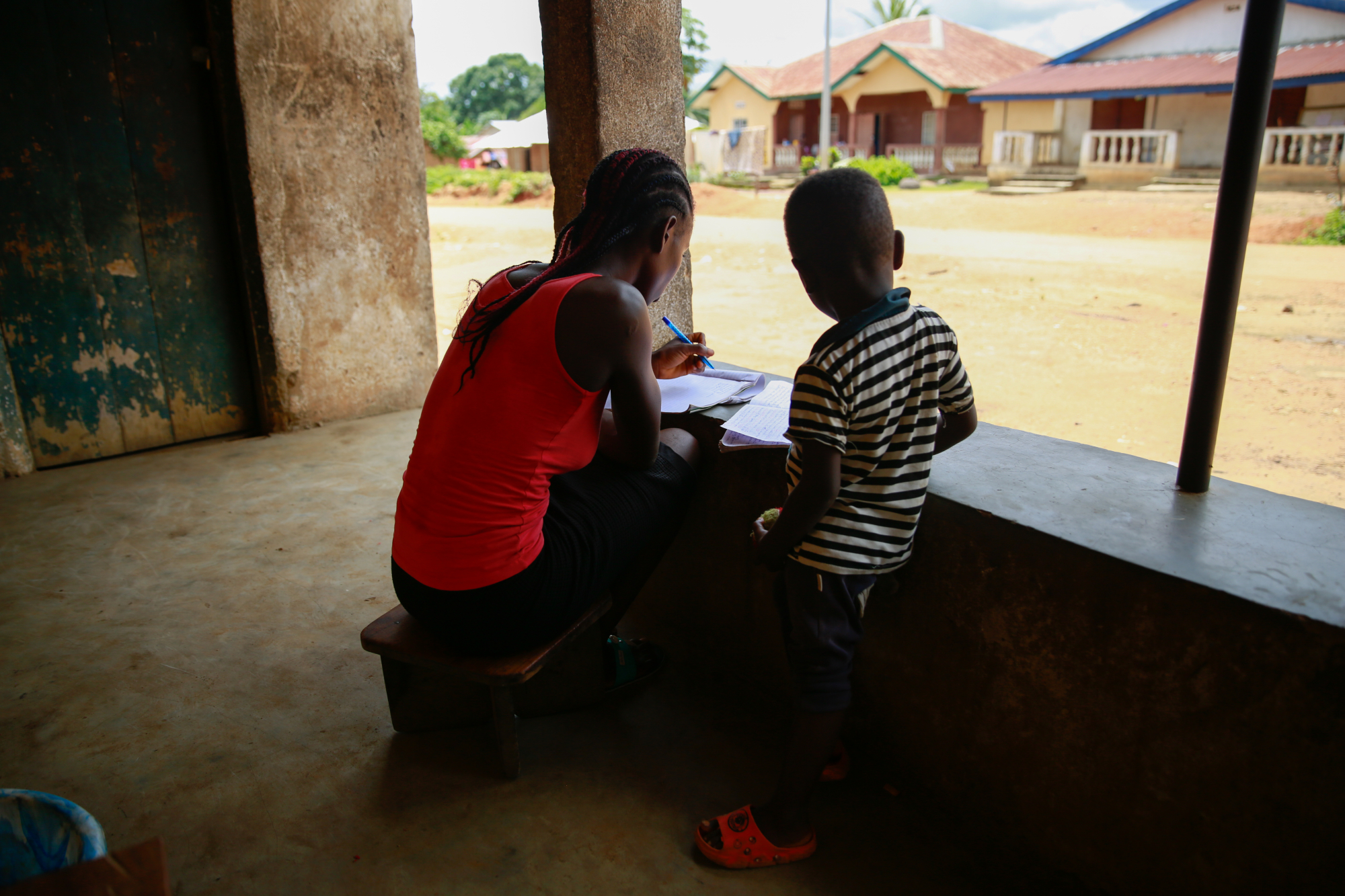Working Together, Improving Lives
Girls in Sierra Leone – like all children – want to go to school and spend time with their friends but early pregnancy and marriage forces many of them to mature into young women at a very early age.
Especially for those facing poverty, child marriage means they never reach their full potential to be who they want to be – never being able to finish their education and choose when and if they want children.
Instead of creating the next generation of empowered women through education, many girls are trapped in a cycle of poverty, health complications, violence and dependency.
Sierra Leone is currently ranked 18th in the world for child and early forced marriage, with 30% of girls getting married before the age of 18 and 9% before they turn 15.
Like in other countries, child marriage in Sierra Leone is driven by several reasons – including gender inequality; lack of Adolescent Sexual and Reproductive Health (ASHR) rights; and poverty. Child marriage is also the key driver of adolescent pregnancy (and vice versa), high maternal mortality and low literacy rates, and sexual and gender-based violence against women and girls in Sierra Leone.
These shocking statistics have been an essential part of our goal to continue our work and develop new initiatives to protect girls’ rights and contribute to their empowerment.

Many initiatives and projects are driving change in Sierra Leone which has become a country of hope to really shift and balance the gender inequality power dynamics.
The FOUNDATIONS Consortium project – implemented in Sierra Leone, along with Mali and Niger – aims to change these statistics by empowering girls to exercise their sexual and reproductive health and rights, along with accessing sexual and reproductive health services in a welcoming and accessible fashion.
In addition – through policy advocacy and capacity strengthening for policymakers – there has been increased enforcement of the Radical Inclusion Policy of 2021. This enforcement has allowed pregnant girls and adolescent mothers to go to school and has improved the justice system for survivors of sexual and gender-based violence – resulting in the timely prosecution of perpetrators.
Fatmata, a participant of another Save the Children initiative in her community, put it best:
“When a girl is empowered, she is limitless. She can stand and speak in front of elderly people and large crowds. She can help to build the community around her. It is true what they say; when you empower a woman, you have empowered the whole nation.”
Delivering transformational programmes for and with women and girls may be an uphill battle but one that is worthwhile. In a world full of obstacles, there is a need for all hands-on deck. Girls, women, global leaders, thinkers and donors must work together to improve the lives of women and girls for national and global change.


